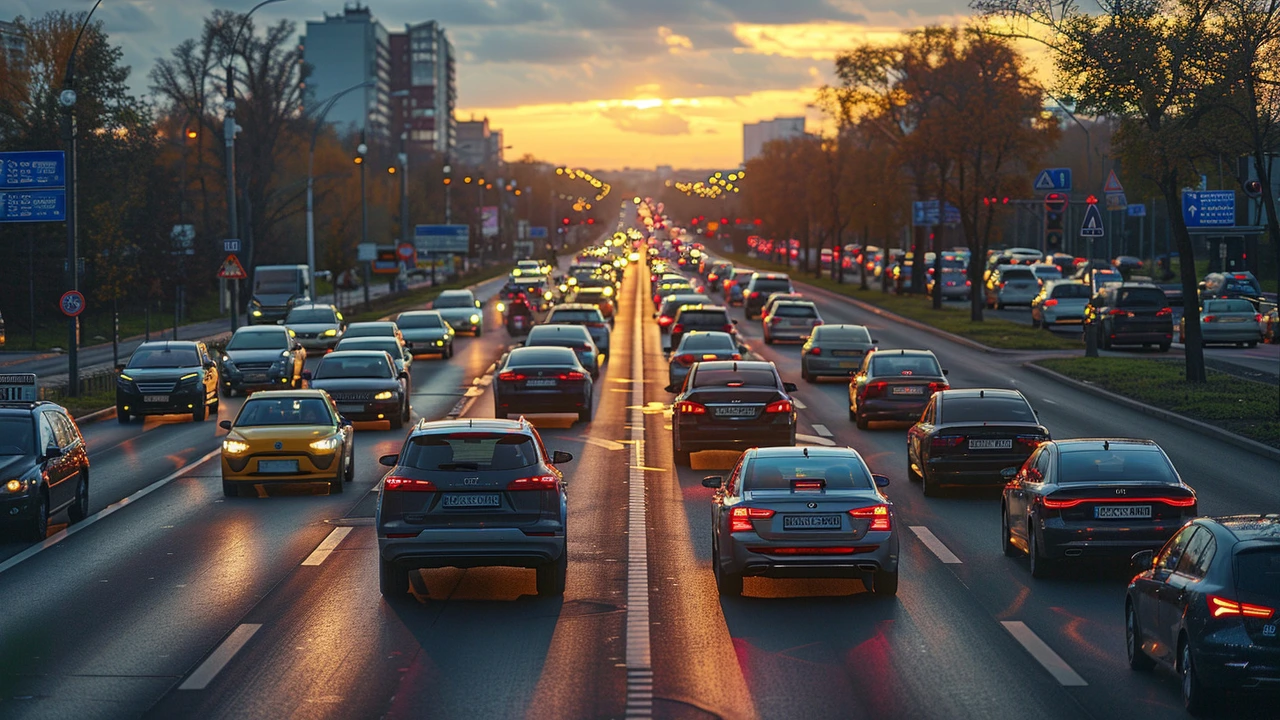Ascension Day traffic: Tips to avoid delays and stay safe
Ascension Day can turn quiet roads into slow-moving queues. If you need to travel that day, planning makes the difference between a smooth trip and hours stuck on the shoulder. Below are clear, practical steps you can take before and during travel to cut delays, avoid closed roads, and protect yourself and your passengers.
Before you go
Check local notices and event calendars for road closures and church services near your route. Many towns schedule processions, pilgrimages or markets that change traffic patterns. Use a navigation app with live traffic and planned-closure data and set alerts for your route. If public transport runs on a special holiday schedule, confirm times and book seats when possible. Pack water, snacks, a phone charger and a basic first-aid kit in case of longer delays.
On the road
Leave earlier or later than peak procession times to avoid the busiest windows. When approaching procession or detour signs, slow down and follow directions from marshals or police — they aim to keep everyone safe. Keep a safe distance from stopped traffic and avoid sudden lane changes; aggressive driving often causes the worst jams. If you hit a long delay, switch your route to a quieter backroad using your navigation app, but watch for temporary signs and changed one-way systems.
If you rely on public transport, expect extra passengers and limited parking near stations. Park further away and use a short shuttle or walk the last mile to speed up your exit. Ride-sharing can be slower and surge-priced during major religious events, so compare options first. Cycling or walking a segment of your journey can save time in dense areas and avoids parking headaches.
For drivers, keep your fuel tank topped up before heading out. Filling up in town during a delay can add half an hour or more. Follow local parking rules — temporary bans are common around event sites. Bundle short errands into one stop to avoid multiple entries into congested zones.
Stay informed while traveling. Tune to local radio traffic updates or follow municipal social accounts for real-time alerts about accidents, closures, or emergency changes. If you travel with children or elderly passengers, plan for comfort breaks and identify nearby medical centres along your route.
If you’re organizing an event, communicate clearly with attendees about transport options, start times and recommended routes. Offer satellite parking with shuttles, set clear drop-off points and share maps ahead of time. Coordinate with local authorities to secure marshals and permit needed road closures.
Finally, be patient. People attend Ascension Day services and events for meaningful reasons. A calm attitude reduces stress, lowers the risk of incidents and helps traffic flow. Small choices — leaving early, using public transit, or choosing a different route — can save hours and keep everyone safer.
Quick checklist: confirm service times, check fuel, download maps offline, carry ID and medication, and tell someone your arrival time. These simple steps cut risk and stress and travel safely.
As the Ascension Day weekend approaches, travelers are advised to prepare for heavy traffic and roadworks. The extended weekend often sees over 1,000 kilometers of traffic jams. Key areas affected include Utrecht, Veluwe, and areas around Rotterdam due to significant roadworks, impacting holiday plans.
Recent-posts
Apr, 28 2025






